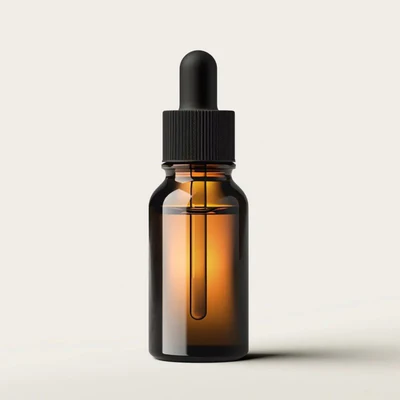Good quality sleep is foundational to overall health and well-being. With the rise of natural wellness solutions, CBD oil has been spotlighted for its potential to enhance sleep quality. However, knowing whether CBD oil is truly making a difference requires careful tracking of your sleep progress.

In this blog, we’ll discuss effective methods for monitoring your sleep improvements when incorporating CBD oil for effective sleep into your nightly routine.
Understanding CBD and Sleep
Before we dive into monitoring techniques, let’s briefly uncover how CBD—or cannabidiol—may influence sleep. CBD is a natural compound found in the cannabis plant, which interacts with the body’s endocannabinoid system believed to play a role in regulating sleep, mood, and circadian rhythms.
Establishing a Baseline
The first step in tracking your progress is to establish a baseline of your current sleep patterns. For about a week, record the following:
- Time you go to bed
- Time you fall asleep
- Number of awakenings during the night
- Time you wake up in the morning
- Total sleep duration
- How rested you feel upon waking
There are various sleep tracking devices and apps available that can automate this process and give you a detailed analysis of your sleep architecture.
Introducing CBD Oil
Once you’ve established your sleep baseline, you can begin incorporating CBD oil into your routine. Start with the lowest recommended dose and document the exact amount you take each night, along with the method of consumption—whether you’re using tinctures, capsules, or edibles.
Sleep Journaling
Maintain a sleep journal where you log daily entries outlining:
- The dosage and timing of your CBD oil
- Your bedtime routine and the time you go to bed
- Perceived sleep quality (you can rate this on a scale of 1 to 10)
- Feelings and mood before bed and upon waking
- Dream recollection
- Any factors that might influence your sleep (e.g., stress, caffeine consumption, exercise)
The practice of sleep journaling not only collects data but can also help in acknowledging patterns and triggers that affect your sleep.
Using Technology to Track Changes
Wearable sleep trackers can provide insights into your sleep patterns by measuring your movement and heart rate throughout the night. They can help pinpoint the time spent in different sleep stages, which is valuable when assessing the impact of CBD oil on your sleep architecture.
Interpretation of Data
After a few weeks of consistent use and tracking, review your data. Look for any noticeable changes, such as:
- Increased total sleep time
- Reduced time to fall asleep
- Fewer awakenings during the night
- Higher sleep quality ratings
Correlate these changes with the days you took CBD oil to see if there’s a pattern emerging that suggests improvement.
Consult a Healthcare Professional
Before starting any new supplement for your sleep, it’s crucial to consult with a healthcare provider, particularly if you have underlying health conditions or are taking other medications. They can also provide guidance on interpreting your sleep data and any adjustments to your CBD oil dosage or regimen.
Adjusting Your Approach
Based on your data, you may need to adjust the timing, dosage, or even the type of CBD oil product you’re using. Remember that body chemistry differs from person to person, and finding the right balance may require some experimentation.
In Conclusion:
Tracking your sleep improvements with CBD and CBN oil for effective sleep demands a systematic and patient approach. By keeping a detailed sleep journal, utilizing technology, and regularly reviewing your data, you can discern whether CBD oil is contributing to better sleep quality. Armed with this evidence, you can make informed decisions on how to effectively incorporate CBD oil into your quest for restful nights.

